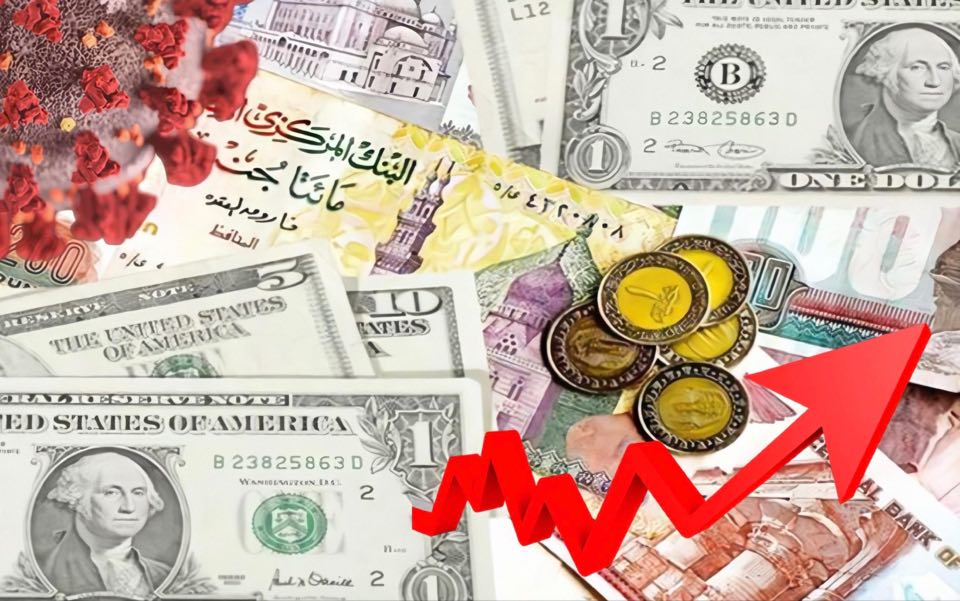Continuous increases of the US dollar against the Egyptian pound pushed its price from EGP 15.80 to one dollar, down to EGP 16.19 within 10 days after its prices had stabilised over the past five months. The depreciation of the Egyptian pound is due to several reasons, including lack of tourism revenues which have almost completely halted after achieving, by the end of 2019, revenues of more than $12 billion. There is also a sharp decline in Egyptians’ remittances from abroad, which represent 39 per cent of foreign exchange resources for Egypt.
In addition, the Egyptian markets witnessed the exit of about $17 billion in foreign investment in debt instruments in March and April. The reduction of foreign trade movement globally decreased the revenue of the Suez Canal in May by 11 per cent, and declined Egyptian exports by 24 per cent as well. All these reasons were a factor in the rise in the price of the dollar due to the corona crisis.
Finance experts and economists say that the decline in the exchange rate of the pound so far is estimated at about two per cent, which is much lower than expected, in light of previous expectations of a decline of 20 per cent, based on the cessation of most foreign income sources.
As a result, the black market for trading in the dollar has resumed after it disappeared since the decision to float the Egyptian pound more than three years ago. The black market means trading foreign currency at higher prices than is possible officially in banks. The price of the dollar on the black market reached EGP 16.60 ($1.03), a difference of 40 piasters from the official price in banks.
Many currency traders regained their activity by collecting the dollar from the market in light of expectations of a further rise in the price of the American currency, which may reach EGP 18 ($1.11) as the corona crisis continues. But experts say that the Egyptian government will not allow the price of the dollar to rise in banks from EGP 16.50 ($1.02) because it will provide the currency significantly in the market to reduce the increasing demand in exchange for a decrease in supply. But that government policy will put more pressure on foreign exchange reserves in Egypt, as more dollars will be pumped into the markets to preserve the value of the Egyptian pound.
According to the data of the Central Bank of Egypt, the foreign exchange reserves fell to $36 billion by the end of May, which means they have lost about $9.40 billion during the past three months.
Egypt submitted a request to the International Monetary Fund last May to obtain emergency financial assistance worth $2.772 billion, or 100 per cent of its membership share in the IMF, through the Rapid Funding Tool (RFI) to meet the urgent balance of payments needs that resulted from the corona pandemic. It soon followed up with a new request for a loan worth another $5.2 billion for a year within the framework of the credit preparedness agreement that aims to reduce the economic impact due to coronavirus, and help achieve macroeconomic stability.
These loans carry a high risk due to the short repayment period, but in return, it is necessary to bridge the severe deficit in the dollar, especially since the banks in Egypt lost since the beginning of the crisis $12 billion that represented the surplus of foreign deposits, which contributed to deepening the current crisis of the government.
According to the expectations of the World Bank, Egypt will achieve a growth rate of two per cent this year, while the rest of the countries in the MENA region will contract. The Egyptian government had lowered its forecast for economic growth more than once due to the effects of the coronavirus crisis to four per cent instead of 5.9 per cent.





Recent Comments